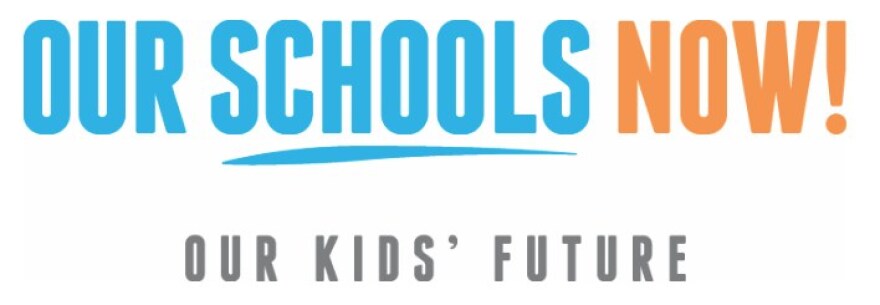Utah voters rejected a ballot measure Tuesday that would have boosted education funding through a gas tax in a state that has the lowest per pupil spending in the nation.
The education funding ballot question that failed was crafted as part of a compromise between lawmakers and an education group that initially wanted to take a different plan to voters. Under the plan, a 10-cent gas tax increase would have given public schools about $100 million more annually, or about $150 per student.
Austin Cox with Our Schools Now says the way the question was presented as a gas tax was a mistake.
“You know, it’s been a disappointing night,” he said, “and I think we’ve seen tonight that the compromise we made with the legislature to place Question 1 on the ballot really confused things for Utahns. ‘Why a gas tax for education?’ A little too complicated of a policy proposal to place on a ballot.”
While the gas tax wasn’t successful, officials at Our Schools Now believe they have created the strongest political organization for public education in the state’s history. The organization’s goal now is to find alternatives in their quest to increase funding in Utah’s schools.
“What we need in Utah is more funding than just funding that covers students enrollment or inflation,” he said. “The legislature will tell you that if you go back over the last 20 years, our funding is flat in this state when you account for inflation and you account for new students. That to us is not acceptable. Our goal is to increase funding for public education by a $1000 per student and we’re willing and ready to go back to the legislature to work with them. Again, the challenges in public education in making sure we have the funding in the classrooms for students and teachers remain and we’ll keep looking for ways to solve these challenges.”
The Utah chapter of Americans for Prosperity, founded by billionaire conservative David Koch, opposed the plan. The group argued that lawmakers should be more efficient with existing funds rather than raising taxes for residents.







